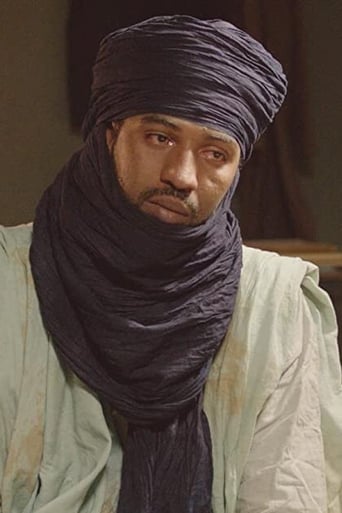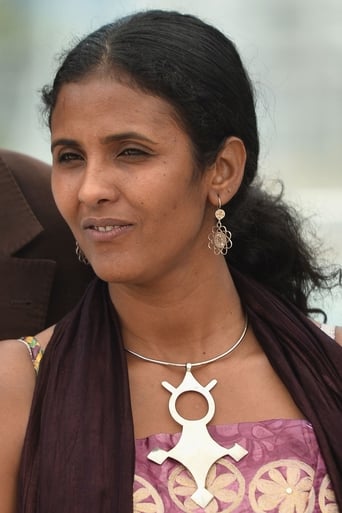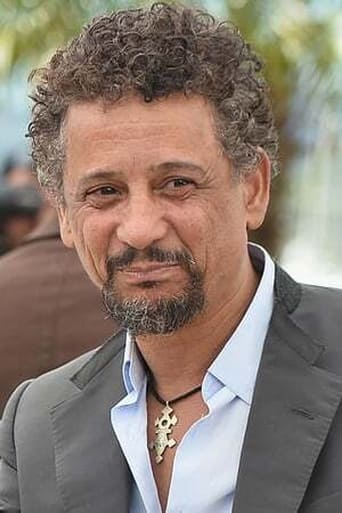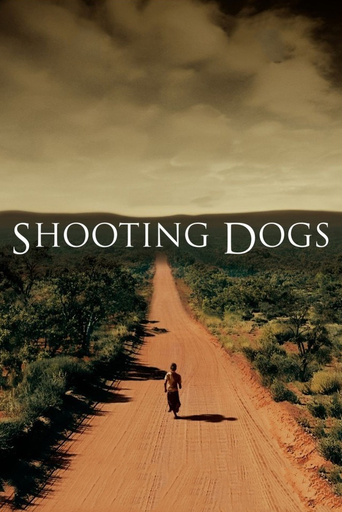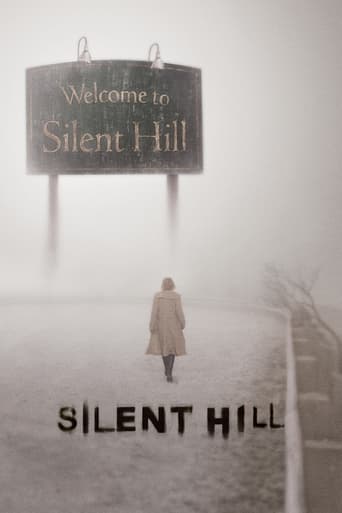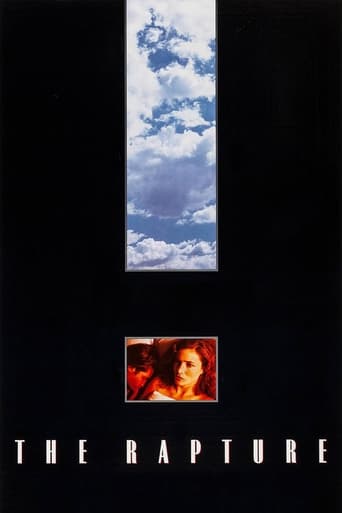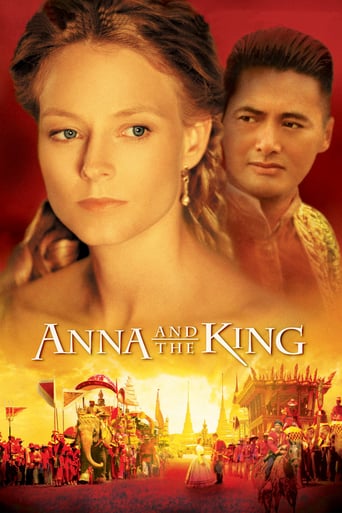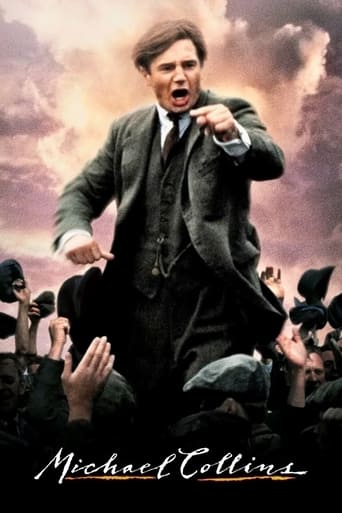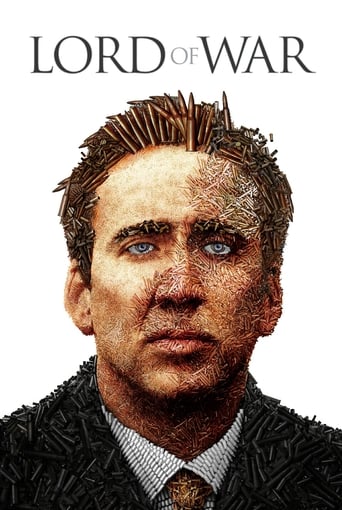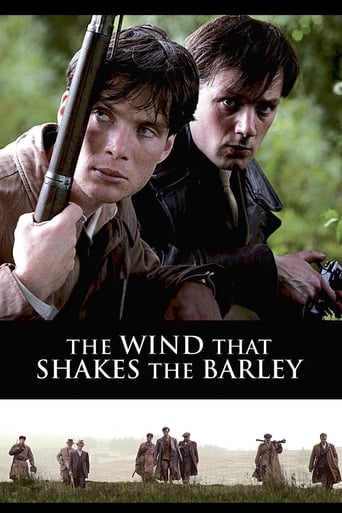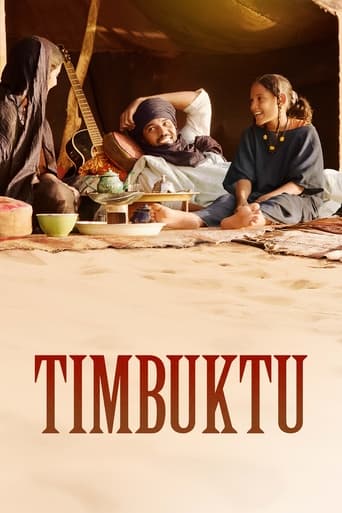
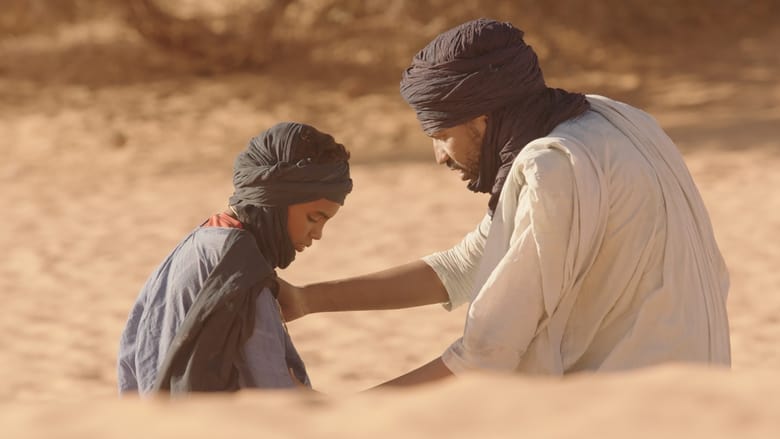
Timbuktu (2014)
A cattle herder and his family who reside in the dunes of Timbuktu find their quiet lives — which are typically free of the Jihadists determined to control their faith — abruptly disturbed. A look at the brief occupation of Timbuktu by militant Islamic rebels.
Watch Trailer
Cast


Similar titles
Reviews
In the opening scene of "Timbuktu", a jeep carrying armed men is seen chasing a gazelle across the pristine dessert. This scene is followed by another scene showing militants of the so-called Islamic State shooting at intricate masks and dolls that are undoubtedly cultural icons from the region. "Timbuktu" is a remarkable film for a number of reasons. The timing of the film was so necessary because in the same year that the film came out a self-proclaimed caliphate swept up large swaths of territory across the Muslim world extending its cruel grip even to Africa. The beautiful scenes of the dessert around Timbuktu are accompanied by a masterfully selected soundtrack of tunes from the region. The music is relentless and melancholic, just like the dessert. Both stand as immobile presences throughout the film. In one odd scene, a group of men are arguing Messi and soccer. The audience is purposefully misled into thinking the discussion was about a serious war or series of battles. But the truth is, most boys would rather fight about soccer than something as obscure as religion. Another poetic scene happens during the film when a man is sentenced to 20 lashes for knowing that football is forbidden and still choosing to play. In the next scene, a group of young boys are all playing football, without a ball. The ball is forbidden. The boys in the colorful shirts and shorts end up running around an empty field kicking sand at each other. How can you forbid children from playing? The boys cheer an imaginary goal before they feel the need to stop and hide their activities from a motorcycle patrol. In another instance, a group of fighters are sent to find where music is coming from. When they realize the music is religious in nature and praises Allah and Muhammad they question the need to stop it. More people start to play music as a form of protest. A clearly non- silent protest that can be visibly heard by ISIS patrols in the city at night. A woman sings, "This is my land and this is my Timbuktu. It's children are mourning and suffering. It's the land of love and warmth and dignity. So tell me, why are the children crying? Because of the injustice, violence, and fear of the future. Stop crying, my Timbuktu will always be here. Everything will go fast. You've got little time left". Later in the film, the woman who's beautiful voice carries across the Timbuktu dessert is sentenced to 40 lashes for singing. Another 40 lashes are sentenced for meeting with men in private without her parent's permission. As she kneels and begins to be whipped she continues to sing. It is a poetic protest in response to the so-called Islamic States' cruel and unjust punishment system. An Imam questions the so-called Islamic State's cruelty towards women by scolding, "Remember the words of Allah Almighty. Forgive them. Involve them in decisions. Talk with them. Once you have decided, I put your trust in Allah. Because he loves those who trust him. Where is the mercy? Where is the forgiveness? Where is the piety? Where is the change, the change? Where is god in all this?".The greatest aspect of Timbuktu is the fact that the film doesn't glorify war or violence in the fashion that Hollywood so regularly chooses to. In fact the main struggle of the film is quite simple. Nearby Timbuktu, a territorial fight brews between a fisherman and a cowherd. This struggle is less of an ideological struggle and more of a struggle for survival. A boy loses track of the cowherd's youngest cow which strays into the fisherman's nets. The fisherman kills the cow and in a poignant scene the cow can be heard breathing long after it appears to be dead. The dramatic effect is undeniable. Like Africa, the injured calf will continue to fight for life long after it was left for dead. The cowherd confronts the fisherman and in the ensuing fight a gunshot abruptly interrupts the scene and both characters are seen floating in the water. One of them gets up. The other doesn't. The calm tranquility of the setting stands in contrast to the dark nature of the political situation. The so-called Islamic State confiscated all of the cowherd's cows and property for his alleged murder of the fisherman. The cowherd shows no regret or fear in response to being sentenced to death by the fake caliphate. Before accepting his fate, the cowherd asks the so-called Islamic State commander if he has children. When the commander replies in the affirmative, the cowherd makes one final plea for his daughter and the children of Africa. He says, "What is written will be done. I am at peace with death. We are all his children. We must protect our children. My daughter will not be protected. That hurts my whole being. Down in the grave without knowing what will happen to her. Most of our relatives have already left. But in all this, since there is only one God, I worship, he will make justice. No one escapes his fate. Tell him that it's not death that scares me but not being able to look back".
This was the second time that I have seen this movie, and I definitely liked it better the second time. I found it so interesting to get an inside look into a city under the control of extremists. The terrorists seemed like very normal, almost understanding people who cared about getting their hostage the medicine that he needed and discussed typical things like soccer star, Lionel Messi. They also seemed very hypocritical. One of the leaders of the extremist group smoked (which was forbidden) and flirted with a married woman (which was also definitely forbidden). I loved the scene in the movie when the boys were playing soccer without an actual soccer ball. It was so powerful and sad but also uplifting. The boys were making the best out of a not so great situation which was very positive of them. It is horrible how the terrorists basically outlawed all fun in the whole city including playing with balls and making music. It is unclear to me what this has to do with religion. I think they might do it to show their power. Overall, I really liked this movie and would give it four out of five stars.
'TIMBUKTU': Three and a Half Stars (Out of Five)A French-Mauritanian drama flick, about citizens of Timbuktu; that are terrorized by Jihadists. The film centers around a cattle herder, and his family, that lives outside the city limits. It was directed by Abderrahmane Sissako; and written by Sissako and first time screenwriter Kessen Tall. The movie received almost unanimously positive reviews from critics; and it was nominated for an Oscar, for Best Foreign Language Film. It's very slow-paced, but ultimately insightful.Kidane (Ibrahim Ahmed) is a cattle herder; that lives with his family in the dunes of Timbuktu. He and his wife, Satima (Toulou Kiki), are happy living away from the city; due to the violent harassment of the Jihadist control there. One day their twelve-year-old son, Issan (Mehdi Ag Mohamed), accidentally angers a local fisherman; who in turn murders one of their cows. This causes the family's peaceful life to be forever changed. The film is a very interesting look at that way of life; but it spends a little too much time introducing lots of different characters. The main story, about Kidane and his family, is where the filmmakers should have kept their focus (I think). It does seem like a very insightful, and educational, examination though; on how the different people of that area are affected by the Jihadist control there. The movie is definitely well made, but it's far from a perfect film (unlike what the critics would have you believe).Watch our movie review show 'MOVIE TALK' at: https://youtu.be/EuKmXpjFt-k
Islamic jihadists have taken over Timbuktu and the surrounding area. They have forbidden music, dancing, cigarettes, football and many other things. Women are ordered to wear gloves and socks in public. Nomadic cattle herder Kidane lives with his wife Satima, daughter Toya, and son Issan. Many of his neighbors have left. Issan leads the family herd to the river. His favorite cow gets tangled in the fisherman's net. The fisherman kills it. Issan goes home crying. Kidane without all the facts go to confront the fisherman and kills him after a heated exchange. Kidane is brought to the court. The jihadists are not from the area and language difference is a constant barrier. The jihadi commander hides his own infractions while using religion to justify his orders.If anything, this movie is not hard enough on the Jihadists. A lot of the movie is played for sly humor. The most obvious one is the people playing football without the ball while the Jihadists are not there. It is a slightly different way to poke fun at religious rule. Kidane does pose a problem. He is very much in the wrong in the argument. What he does is classified as homicide in almost everywhere. So the religious court doesn't come off as being unreasonable. Kidane needs to be innocent for the audience to see the court as being dictatorial and inherently unfair.


